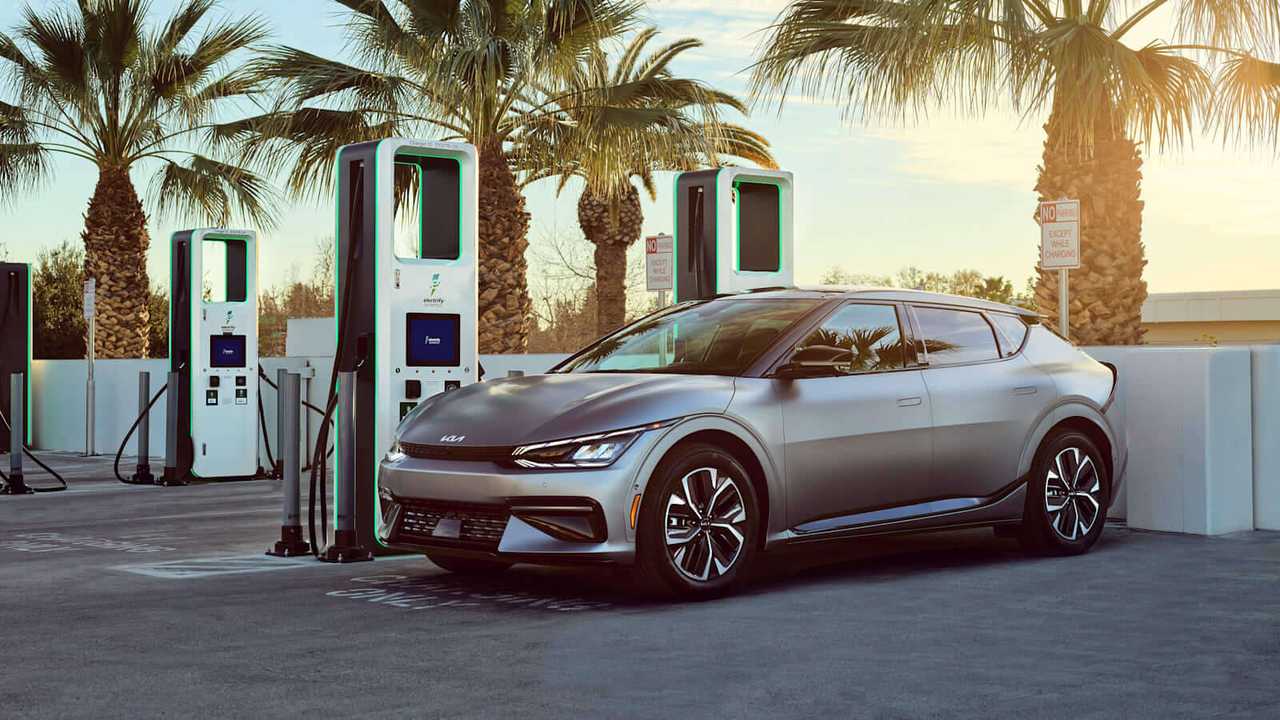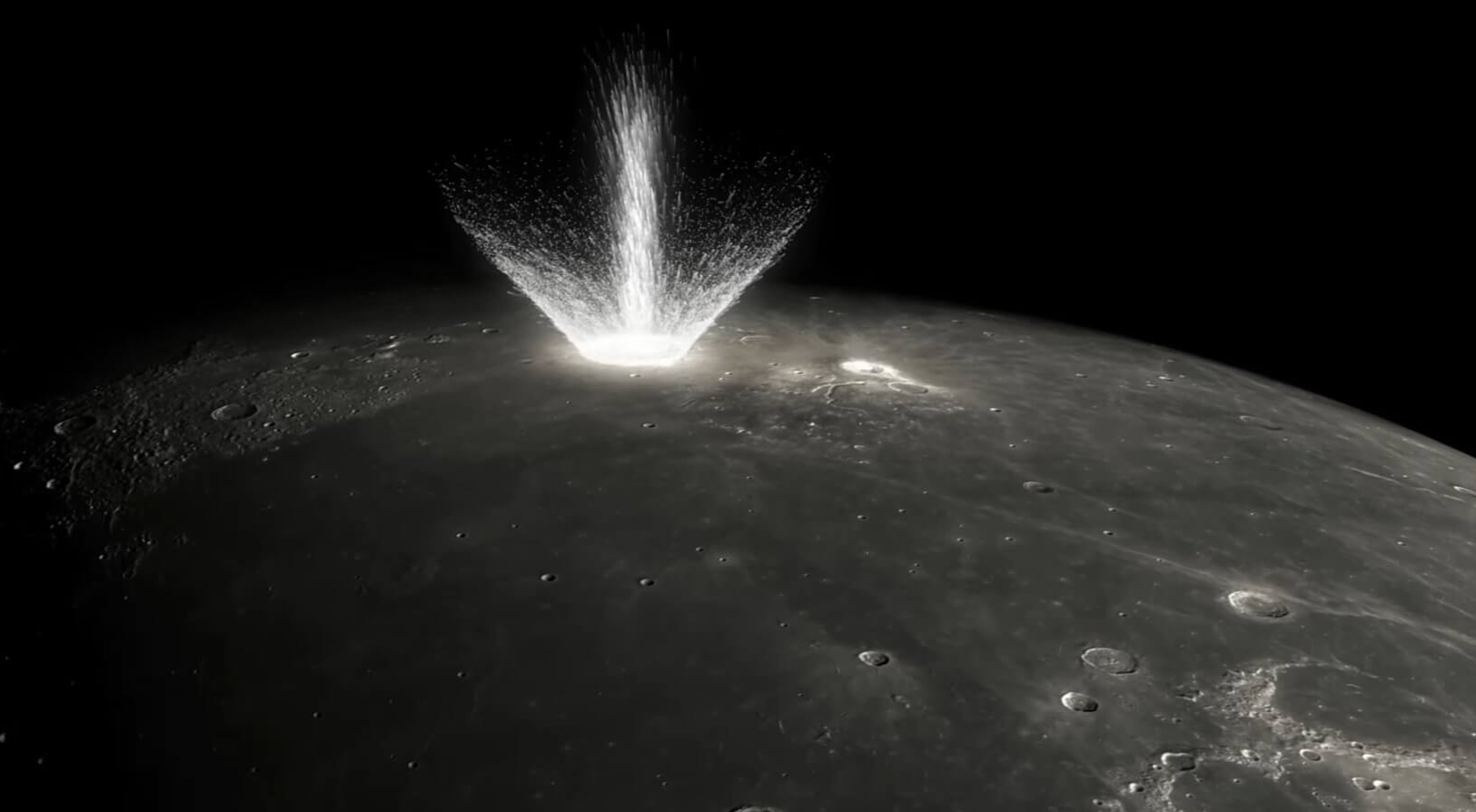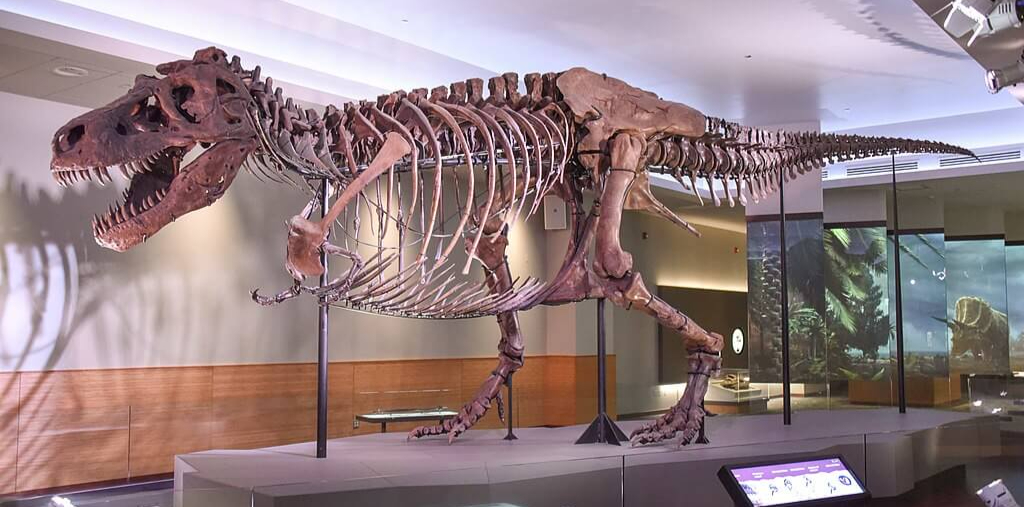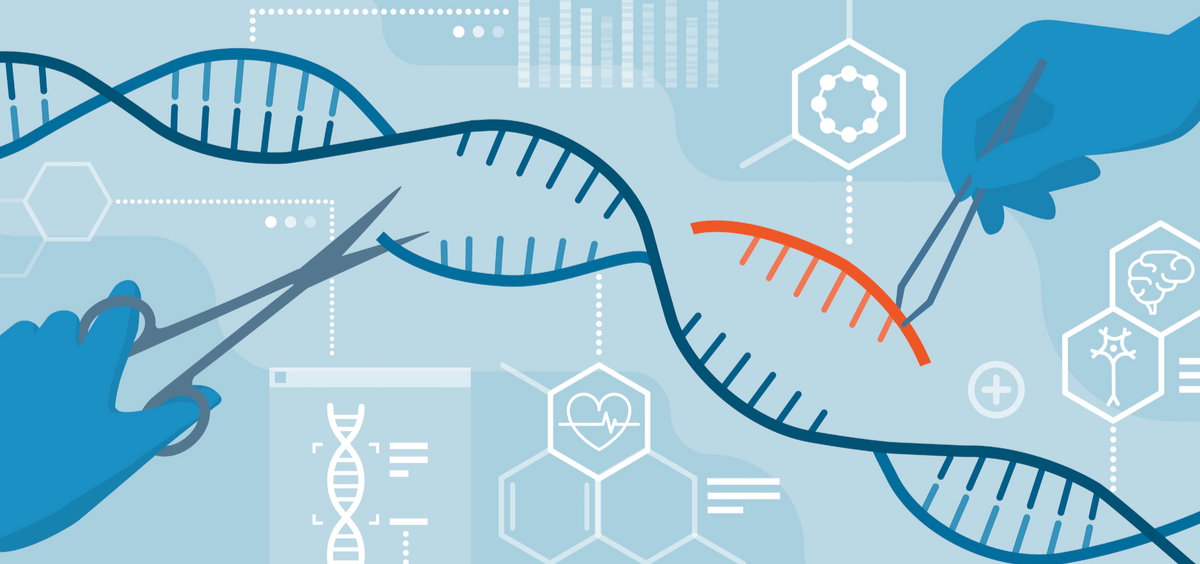EVs Are Snowbirds at Heart

Image: AutoBlog
The cold, hard truth about electric vehicles in the winter: less range and longer charging times, according to recent reports.
🌡️ The deets… Lithium-ion batteries that power EVs (and cellphones and laptops) are very temperature sensitive. Cold temps slow down the chemical reactions in battery cells, which saps range and increases charging times.
EVs also don’t have heat-producing engines, which means they have to siphon battery power to warm the cabin.
- All of this translates to a range loss of around 20% in winter conditions, according to a report from the Norwegian Automobile Federation, which also concluded that cold weather causes EVs to charge slower.
- New research from AAA indicates that when the outside temp is 20° and the HVAC system is used to heat the inside of the vehicle, the average driving range is decreased by 41%.
🔋 The bottom line: “Batteries are like humans,” Anna Stefanopoulou, director of the University of Michigan’s Energy Institute, told Wired. They prefer the same sort of temps as people do; anything below 40° or above 115° Fahrenheit and you’re not going to get peak performance.
Longer term, scientists are working on solid state batteries that don’t have the same detrimental performance quirks, but those are still a few years away from commercialization.
+In the know: Buying an EV soon? Some do better than others in the cold, according to battery analysis firm Recurrent.
Share this!
Recent Science & Emerging Tech stories

Science & Emerging Tech
| March 4, 2022Much Ado About Space Junk
🚀🌕 Three tons of space debris is set to crash into the dark side of the moon at ~7:25 am ET this morning. It’s believed to be the first time a man-made object has unintentionally hit the moon.

Science & Emerging Tech
| March 3, 2022The Big Question Dividing Paleontologists
🦖 Should T. rex actually be three separate species?? The answer is yes, according to a study published this week in the peer-reviewed Journal of Evolutionary Biology.

Science & Emerging Tech
| March 2, 2022UC Berkeley Loses CRISPR Patent Case
🧬 The US Patent and Trademark Office this week ruled that the Harvard-MIT Broad Institute was the first to invent CRISPR/Cas9 gene-editing technology for use in animals, including humans, invalidating claims made by a pair of researchers who won the 2020 Nobel Prize for developing the tech.
You've made it this far...
Let's make our relationship official, no 💍 or elaborate proposal required. Learn and stay entertained, for free.👇
All of our news is 100% free and you can unsubscribe anytime; the quiz takes ~10 seconds to complete